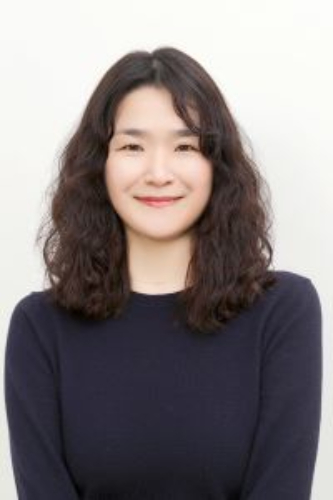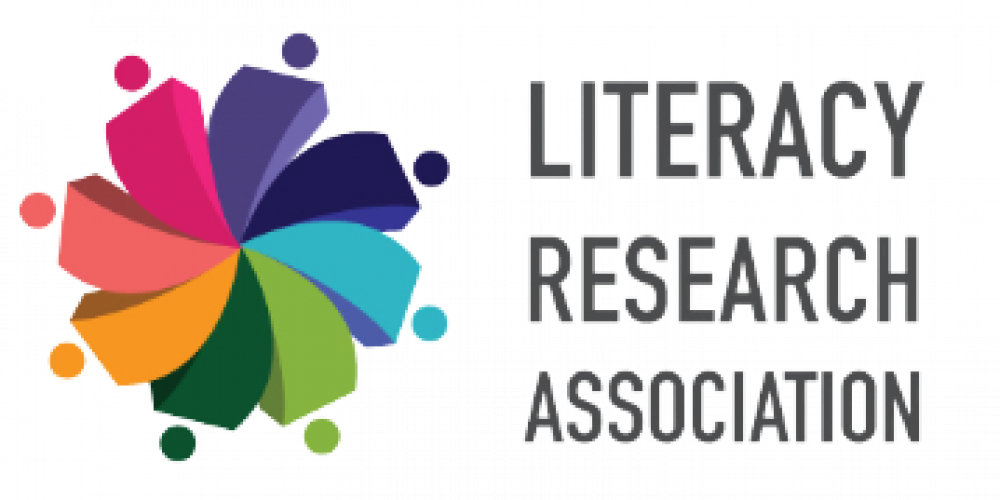STAR Program Co-Directors
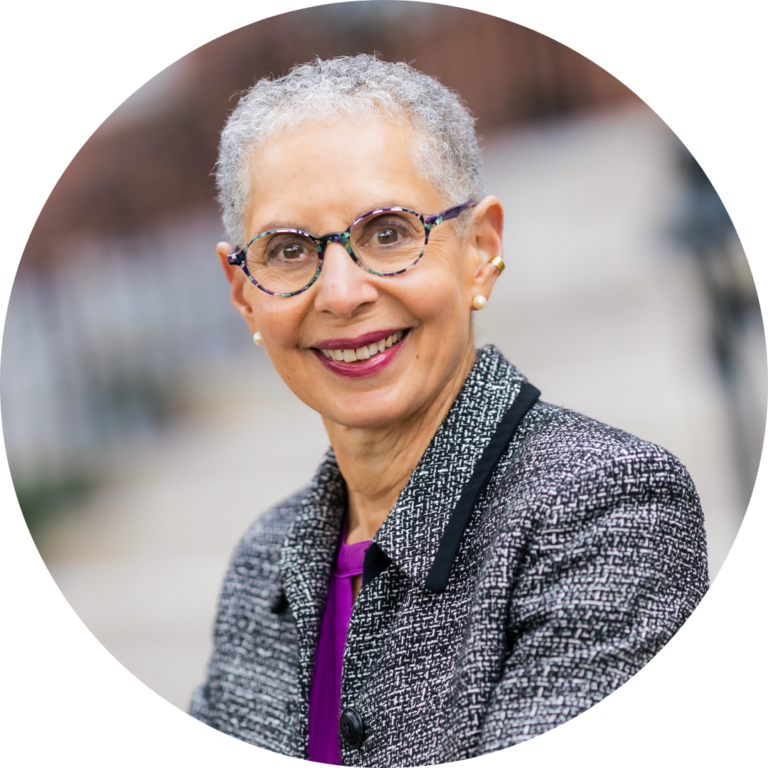

STAR (Scholars of color Transitioning into Academic Research institutions) Mentoring Program
In 2008, the Ethnicity, Race, and Multilingualism (ERM) Committee proposed the creation of a pipeline for promising emerging scholars of color who will continue the strong tradition of leadership, research, and service within our organization and who will commit and dedicate themselves to addressing issues of racial, ethnic, and linguistic diversity within our organization and within the literacy field. This resulted in the establishment of the STAR (Scholars of color Transitioning into Academic Research institutions) program—a selective mentoring program for scholars of color who are beginning their careers as literacy researchers. The objectives of the STAR program are to:
 Help instill a strong professional stance within scholars of color,
Help instill a strong professional stance within scholars of color, Increase their knowledge of our organization’s rich history and traditions,
Increase their knowledge of our organization’s rich history and traditions, Inspire them to continue its legacy of scholarship, leadership, and service, and
Inspire them to continue its legacy of scholarship, leadership, and service, and Increase the pool of viable scholars of color who have been mentored by our organization.
Increase the pool of viable scholars of color who have been mentored by our organization.
The STAR program is a 2-year cohort model for eight scholars of color in the first two years of a tenure-track literacy appointment who are then matched with senior scholars of color in our field. As part of the STAR program, fellows and mentors participate in a series of mentoring and research sessions at two annual conferences and in a spring writing retreat. Fellows also present at a STAR Research Showcase session at the conference in their first year of the program and in an alternative session the second year.
Since 2009, the STAR program has mentored seven cohorts of emerging scholars of color who are committed to conducting research on the literacy education and development of students from racially, ethnically, and linguistically diverse backgrounds; who have the capacity to successfully navigate the tenure and promotion process at predominantly White research institutions; and who are active and productive leaders within our organization and in the literacy profession.
Cohort Nine: 2024 - 2026
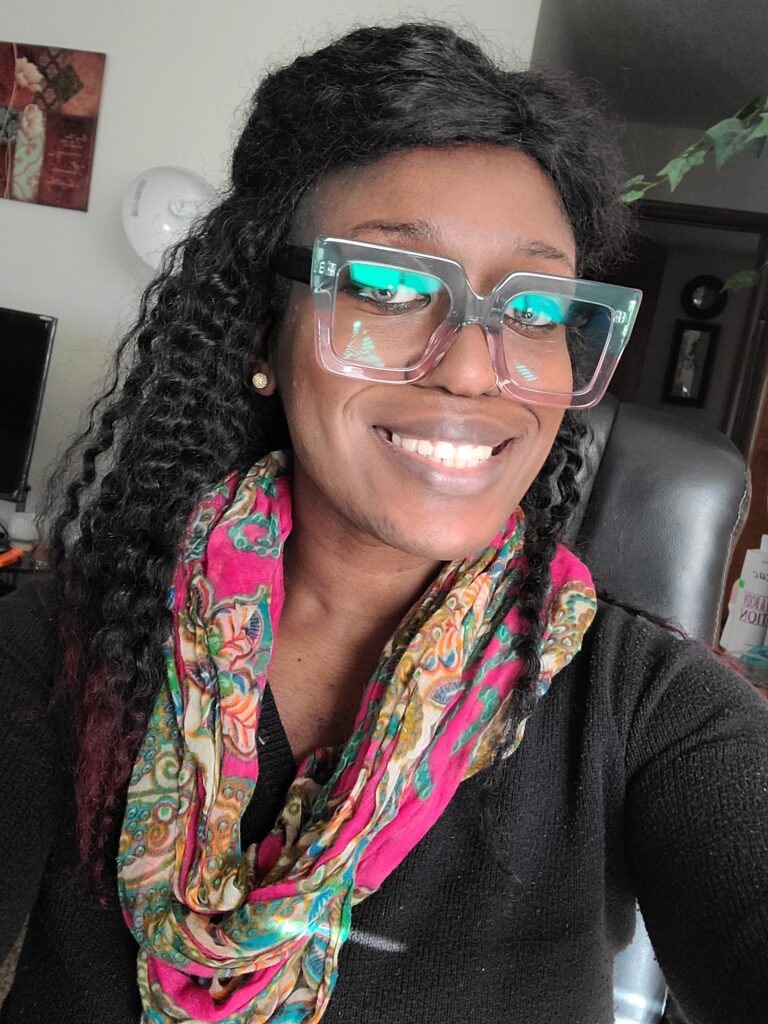
Diane Wellington
Mentor: Arlette Willis
Dianne Wellington, a Diversity Faculty Fellow and Assistant Professor of Literacy Education at SUNY Cortland, holds a Ph.D. from Indiana University. She has previously served as a College and Lifelong Learning Instructor, Secondary English Teacher, and Composition Instructor in North Carolina. Her research centers on emancipation, transnational, healing and restorative literacies, and antiracist pedagogy. Committed to fostering emancipatory practices, Dianne explores how in-service teachers can empower themselves to support their students and integrates emancipation literacies into preservice courses. Drawing on her transnational identity, she engages in collaboration, reflection, and critical dialogue to promote equity and antiracist practices across various contexts.
Lakisha Odlum
Mentor: Gwen McMillon
Lakisha Odlum is a former New York City public school teacher who received her Ph.D. in English Education from Teachers College, Columbia University. She is currently an assistant professor of English Education at CUNY Queens College where she teaches undergraduate and graduate pre-service and in-service teachers. Her research interests include racial literacy and teacher preparation, the intersection of racial and digital literacies, diversifying the teaching profession and the teaching of Black girls.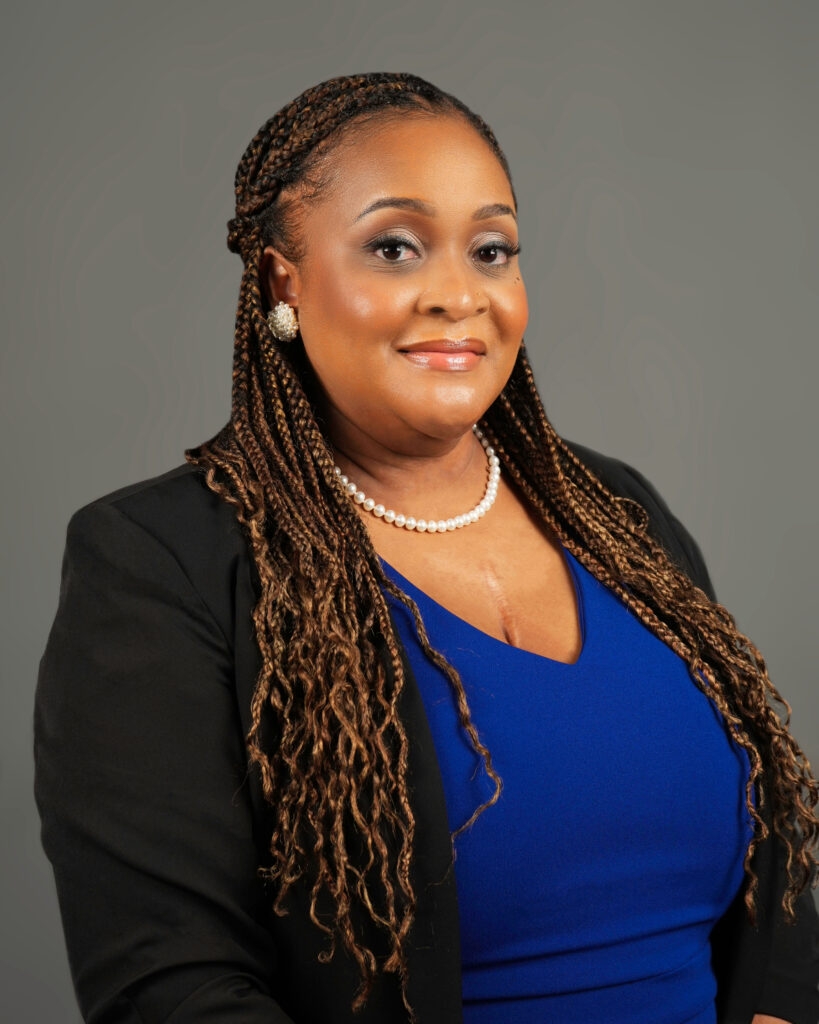
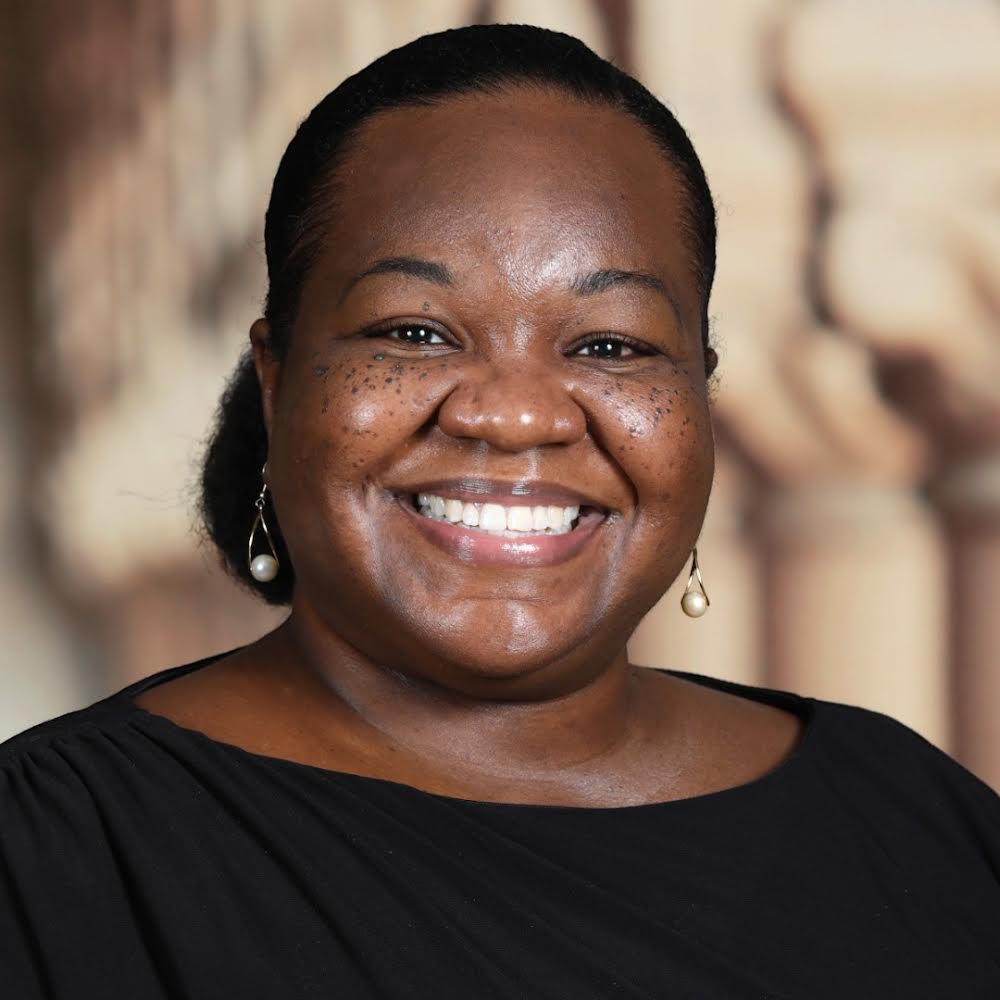
Kahdeidra Martin
Mentor: Allison Skerrett
Born in Savannah, Georgia and raised in Brooklyn, NY, Manbo Dr. KahdeidraMonét Martin is a scholar-priestess of Haitian Vodou and a transdisciplinary scholar of language and literacy. She uses critical race and qualitative methods to examine raciolinguistics and religious racism in schools. Dr. Martin is an Assistant Professor of Education at Vassar College, where she teaches courses on adolescent literacy, multilingualism and linguistic variation, and developing Africana religious literacy curricula.
Stephanie Robillard
Mentor: P. Zitlali Morales
Dr. Stephanie M. Robillard is an Assistant Professor at Saint Mary’s College of California in the department of Justice, Community and Leadership. Her research interests center Black Girlhood Studies and Critical English Teacher Education. Stephanie earned her PhD in Race, Inequality, and Language in Education from Stanford University in 2023. Prior to her doctoral studies, Stephanie taught middle school English and history teacher and was also a school librarian in the Oakland Unified School District. Her research interests include Black Girlhood Studies and Critical English Teacher Education.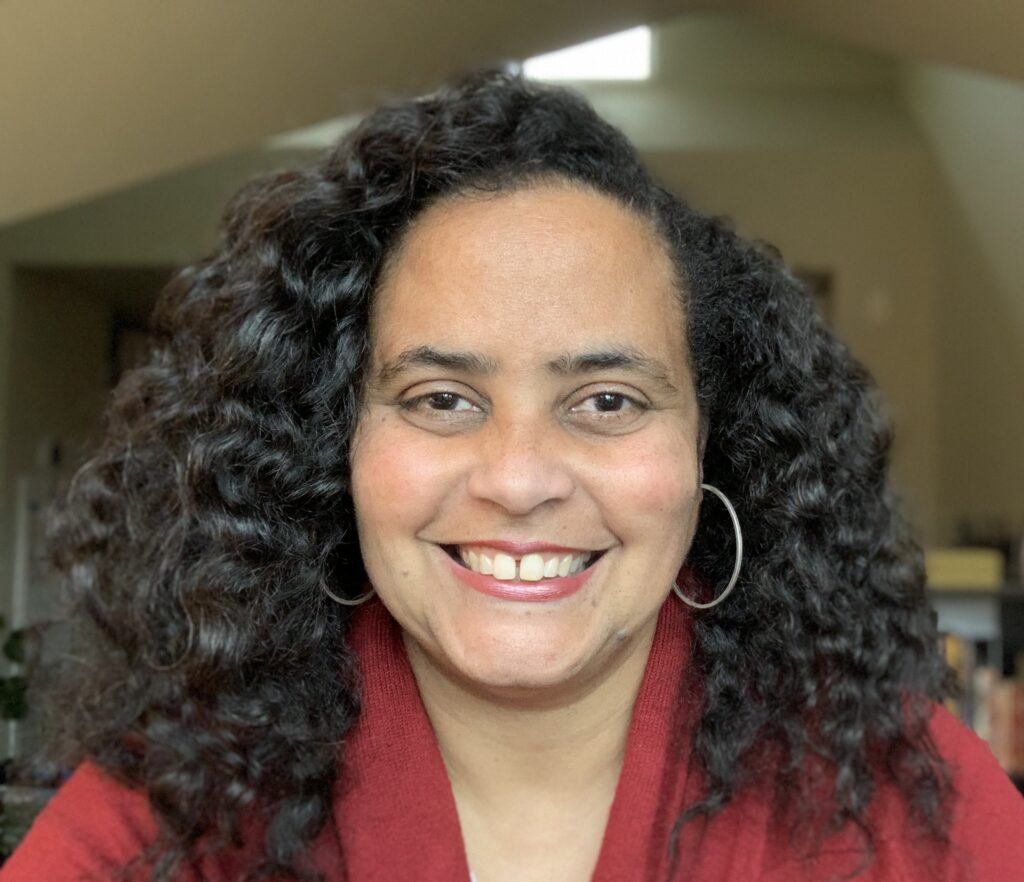
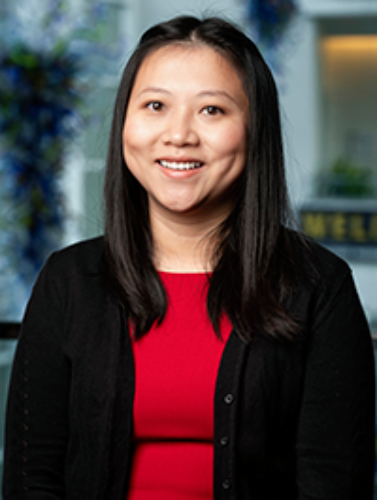
Tairan Qiu
Mentor: Cati de los Rios
As a transnational migrant and Asian woman living in the United States, I continuously navigate the complexities and nuances of entangled identities, cultures, languages, and realities in spaces here, there, and between national borders. Informed by my lived experiences, my research agenda is oriented around exploring the myriad literacy practices of transnational youth and centering their stories and experiences, to advocate for more opportunities in their schools, communities, and homes to sustain their entire cultural, linguistic, and literacies repertoires.Eunjee Jang
Mentor: Grace Enriquez
Eunjee Jang is Assistant Professor at the University of Wisconsin-River Falls. Her research focuses on advancing equity-oriented language and literacy education for linguistically and socioeconomically minoritized students through interdisciplinary work at the intersection of language, literacy, and multilingual education. She has a particular interest in multilingual and multicultural literacy, reading engagement (including motivation and metacognitive strategies), culturally and linguistically sustaining pedagogy, and academic resilience. In exploring these topics, she primarily employs quantitative and mixed-methods approaches, frequently drawing on international and national large-scale assessment data.